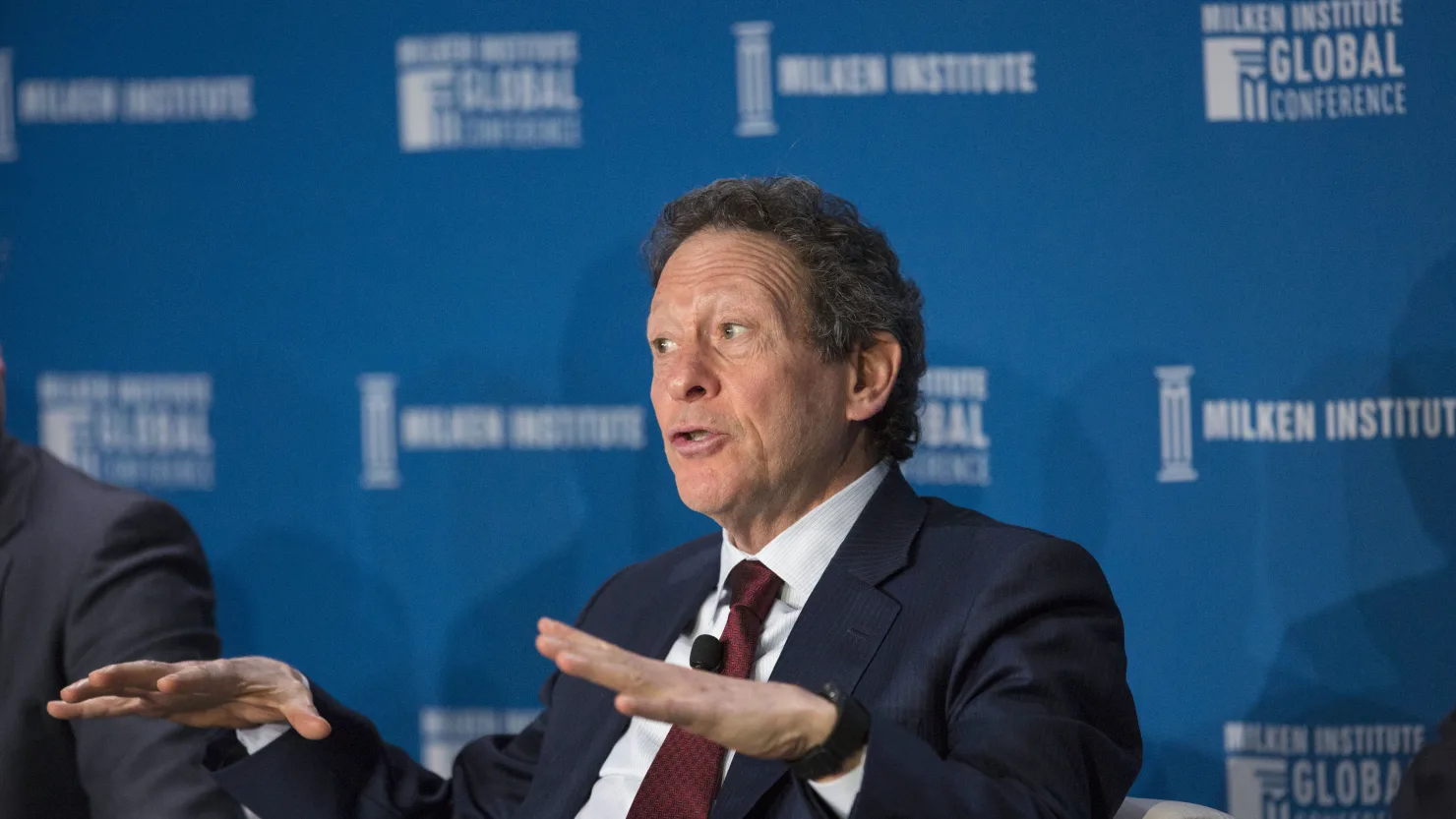A new study published in Neurology has found that heavy alcohol consumption is associated with a significantly increased risk of brain injury, particularly conditions linked to memory loss and cognitive decline.
Researchers defined heavy drinking as consuming eight or more alcoholic drinks per week.
The study analyzed brain tissue from 1,781 individuals, with an average age of 75 at the time of their death. Scientists examined signs of brain damage, including hyaline arteriolosclerosis—a condition that affects small blood vessels in the brain and is linked to cognitive impairment—and tau tangles, which are associated with Alzheimer’s disease.
The findings revealed that:
Heavy drinkers were 133% more likely to have hyaline arteriolosclerosis compared to non-drinkers, even after adjusting for other factors like smoking and physical activity.
Former heavy drinkers had 89% higher odds of developing this type of brain damage.
Moderate drinkers (those consuming up to seven drinks per week) had a 60% increased risk of brain injury.
Heavy alcohol consumption was also linked to a higher likelihood of tau tangles, which disrupt communication between brain cells.
Individuals who drank heavily died an average of 13 years earlier than those who abstained from alcohol.
These findings suggest that the impact of heavy drinking on brain health is lasting, even for those who later reduce or stop their alcohol consumption.
In the short term, alcohol affects the brain’s ability to control thinking, coordination, balance, speech, and judgment. However, chronic heavy drinking can lead to progressive brain changes, including memory loss and cognitive decline. Conditions such as Wernicke-Korsakoff syndrome, a severe neurological disorder linked to alcohol abuse, can cause irreversible brain damage.
Research also shows that even moderate alcohol consumption may contribute to premature brain aging and reduced brain volume. While alcohol’s effects on health depend on factors like genetics, diet, and lifestyle, growing evidence suggests that any amount of excessive drinking increases health risks.
Current U.S. dietary guidelines suggest that adults of legal drinking age should limit alcohol intake to:
No more than one drink per day for women.
No more than two drinks per day for men.
However, these guidelines have been debated, as even moderate drinking has been linked to increased cancer risk. This new study suggests that exceeding eight drinks per week—an amount that fits within some national guidelines—may still pose significant risks to brain health.
Binge drinking is another concern. Defined by the Centers for Disease Control and Prevention (CDC) as consuming four or more drinks in one sitting for women and five or more drinks for men, binge drinking has been associated with serious health consequences, including brain damage, liver disease, and increased risk of accidents.
Excessive alcohol consumption can lead to alcohol use disorder (AUD), a condition affecting nearly 29 million Americans. Warning signs of problem drinking include:
Loss of control over alcohol consumption.
Difficulty managing work, relationships, or daily responsibilities.
Physical withdrawal symptoms such as nausea, sweating, or anxiety when not drinking.
Individuals concerned about their drinking habits or those of loved ones can seek support from healthcare providers and mental health specialists.
While some studies suggest that occasional drinking may not be harmful, many experts agree that less alcohol is generally better for long-term health. Participating in sobriety challenges, such as “Dry January” or “Sober October,” can help individuals assess their relationship with alcohol.
With input from CNN and the Daily Mail.










The latest news in your social feeds
Subscribe to our social media platforms to stay tuned